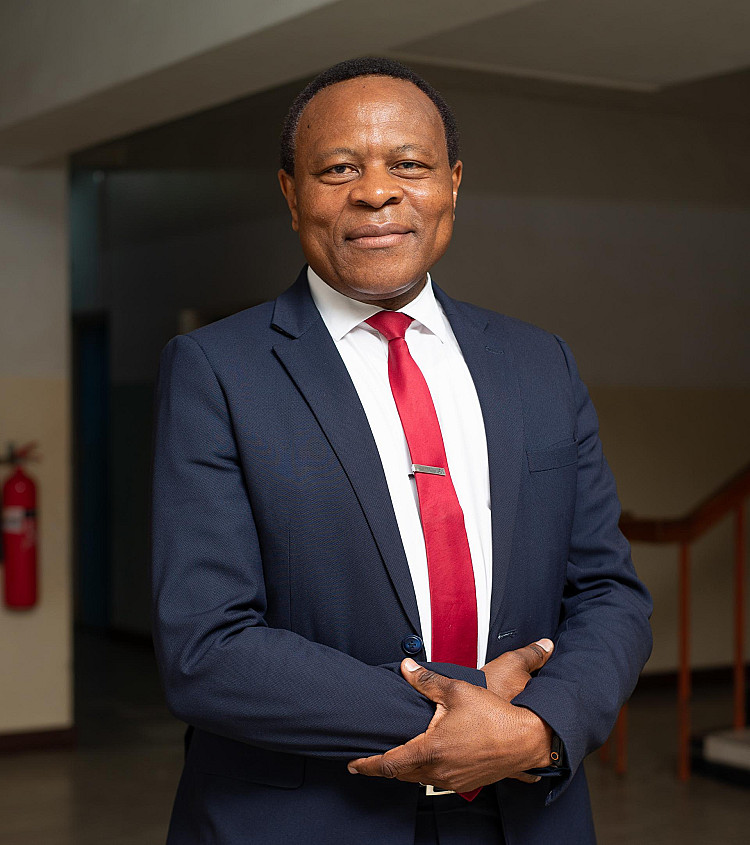Background
The School of Engineering comprises four aspects of engineering namely: electrical, mechanical, civil, and mining engineering. The School, therefore, is responsible for transferring knowledge and skills to produce professionals with skills and competencies in these different engineering fields. Essentially, the School provides teaching, learning, research, consultancy, and outreach services in civil, electrical, mechanical, and mining engineering. Additionally, the School has special expertise in research, consultancies, and outreach services in transport technologies. It is also responsible for the enhancement of creativity and innovations among staff and students to ensure that they come up with new innovations. The school has expertise in engineering technical services such as motor vehicle repairs, manufacturing, welding and fabrication, material testing, and consultancies which as income generating for the sustainability of the school. New and dynamic programs such as biomedical, chemical and energy engineering are also part the catalogue of the program under offer to its student.
Academic Members of Staff
Some of the more prolific researchers at MUBAS are in the School of Engineering. They are engaged in collaborative research, research that is not only academic but also practical. Indeed, some of their research has won awards for innovation; some has been published in renown international academic journals. Besides, they are also, at heart, teachers. The academic members of staff in this school have made great efforts to ensure that their school keeps up with socio-economic developments within Malawi, giving students the opportunity to enroll in programs that are relevant. So, for instance, the relatively recent establishment of the Department of Mining Engineering is an acknowledgement that Malawi needs professionals with such expertise if it is to grow its fledgling mining sector. Going into the future, it is the young professionals trained that will ensure that Malawi’s infrastructural and other engineering needs are met.
Centres
Again, it speaks to the prominence of the School of Engineering at the university that it officially has no less than three centres at MUBAS—Water, Sanitation, Health and Appropriate Technology Development (WASHTED), Transport and Technology Transfer (T2) Centre, and the Polytechnic Commercial and Technical Services Centre (PCTS). WASHTED is a co-ownership arrangement with the Faculty of Applied Sciences, and the centre is engaged in research in areas such as solar energy, among many others. The T2 Centre is involved in the area of logistics, broadly defined. It focuses on practical research to solve real-world logistical challenges, focussing on durable and safe logistical infrastructure. Last but not least is the PCTS. Primarily an automotive engineering workshop, it is open to the public, and it offers various technical services at a fee.

